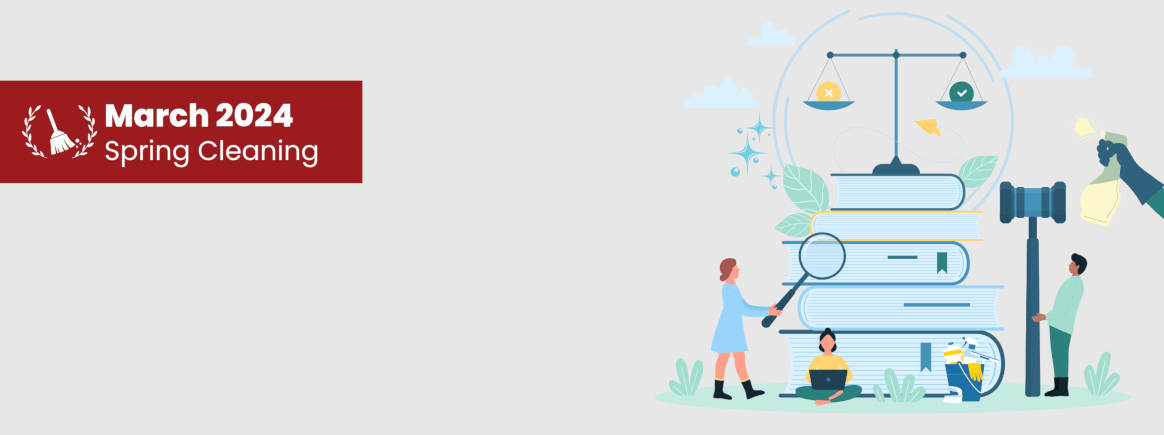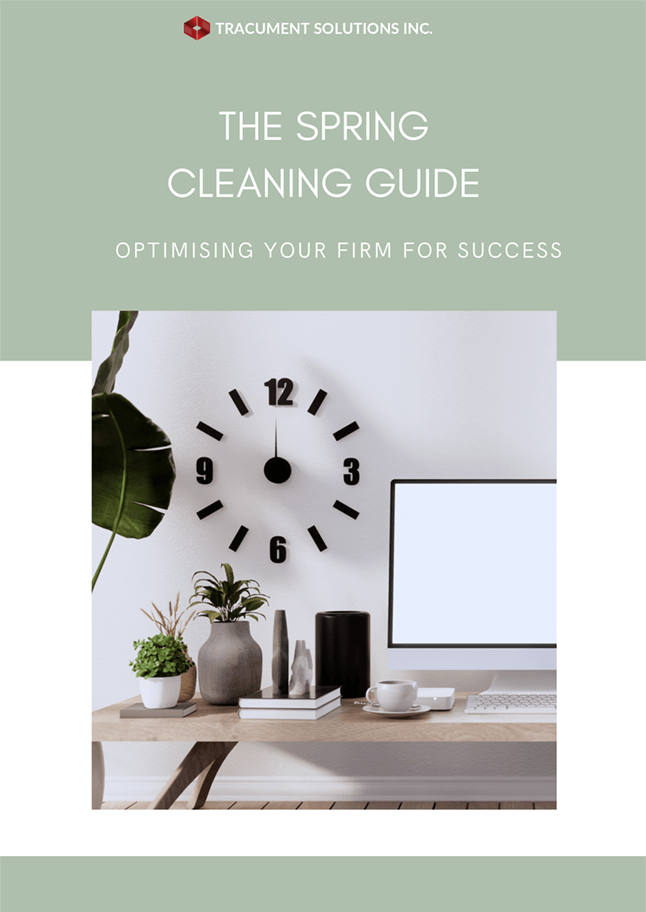
Practice and Compliance Fundamentals
In our final blog post, we'll be diving deep into practice and compliance fundamentals that every firm should prioritize. In today's fast-paced legal landscape, staying up-to-date with industry standards and regulatory requirements is paramount to success. That's why we'll be exploring key areas that range from Continued Professional Development (CPD), to the importance of refreshing firm policies, procedures, and technologyJoin us as we unravel these critical elements and equip your firm with the knowledge and insights needed to thrive in an ever-evolving legal environment.
Continued Professional Development (CPD)
CPD programs ensure that lawyers maintain and enhance their knowledge and skills throughout their careers. In law, where regulations and practices are constantly evolving, CPD serves as a tool for lawyers to stay updated with changes in legislation, legal precedents, and emerging trends.
According to the Law Society of Ontario, lawyers and paralegals who practise law or provide legal services must complete a minimum of 12 CPD Hours each year in Eligible Educational Activities. These activities can be offered by organizations or individuals within or outside of Ontario which includes classes, seminars and lectures. The 12 hours must include “at least 3 Professionalism Hours covering topics like professional responsibility, ethics, and practice management, and up to 9 Substantive Hours annually”. However, despite the importance of CPD, some lawyers procrastinate until the last minute to complete these requirements due to busy schedules or competing priorities. By scheduling CPD activities throughout the year and prioritizing continuous learning, lawyers can effectively manage their CPD obligations while also enhancing their professional development and staying ahead in their legal careers. Download our Spring Cleaning resource to see a step-by-step on how you can plan your CPD through the year!
A Refresher in Firm Policies, Procedures and Technology
A well-informed, educated team is the key to a working and efficient firm. Ensure your staff are trained on technology systems, policies and procedures. The goal is to create a firm standard to ensure consistent quality of service for clients. Institute regular, short training programs to keep staff abreast of not just the latest developments but also to refresh staff on office operations. From phone to tax considerations, identify gaps in knowledge and areas that require additional training. It is imperative that staff understand how things are done to avoid confusion and errors.
Professional Compliance
Professional compliance is another cornerstone of the legal profession, ensuring that lawyers and firms adhere to the rules and standards set by regulatory bodies. This encompasses everything from ethical conduct to proper accounting practices.
One key aspect of professional compliance is staying informed and sharing knowledge gained from experiences. For example, if a lawyer learns at a pre-trial that a certain court official has preferences or dislikes, sharing this information within the firm can help improve interactions and outcomes in future cases. Similarly, if there are issues with a court reporter, knowing how to address and escalate these concerns is crucial for maintaining professionalism and ensuring accurate record-keeping.
Effective communication and sharing of information within the legal community contribute to a more efficient and transparent legal system. It helps lawyers and firms stay compliant with regulations and standards, ultimately leading to better outcomes for clients and the legal profession as a whole.
Added Bonus: Supplier Review
Where precision and compliance are paramount, conducting regular supplier audits are crucial. These audits not only help ensure cost-effectiveness but also uphold the high standards of practice and compliance required in the legal field. Whether you're evaluating costs, considering alternative options, or monitoring for cost creep, a proactive approach can lead to significant benefits for your organization.
-
Assess Cost-Effectiveness:
Compare the costs of your current suppliers with those offered by other providers in the market. Look for potential cost savings without compromising on quality or service.
-
Explore Alternative Options:
Research alternative suppliers or solutions that may offer better value for money. Think of pain points in your firm and how it could be solved. Can certain processes be automated to save staff time? Is constantly calling to request documents from a third party taking too much time? Tracument has a Request Automator that makes this process faster. When looking for options always consider factors such as reputation, reliability, and compliance with industry standards.
-
Consider Renting vs. Buying:
When assessing potential machinery or new equipment, it's worth considering whether renting could be a more cost-effective choice compared to purchasing. For example, renting a printer for a period of four years might be beneficial, especially if you anticipate growth or the need to upgrade to meet future printing demands. Renting may be a better option than purchasing a printer that only needs your current volume needs. Evaluate the long-term costs and advantages of each method, bearing in mind that what works for one firm may not be suitable for your circumstances.
-
Check for Cost Creep:
Regularly review your supplier invoices for signs of cost creep, such as unexplained price increases or additional fees, and promptly address these with your supplier to maintain transparency and compliance with agreed-upon terms.
By following these steps and focusing on compliance fundamentals, you can effectively cross off a supplier review from your to-do list. This proactive approach not only maximzes the value of your supplier relationships but also ensures that your organization remains compliant with all relevant regulations and standards.
Conclusion
Staying updated with industry standards and regulatory requirements is vital for legal professionals. Continued Professional Development (CPD) ensures lawyers maintain their knowledge and skills, while regular training on firm policies, procedures, and technology keeps the team efficient. Privacy compliance reviews are essential to protect client information, and professional compliance ensures adherence to regulatory standards. Conducting regular supplier reviews helps maintain costeffectiveness and compliance. By prioritizing these practices, legal firms can navigate the complexities of the legal landscape and ensure they are well-equipped to provide the best service to their clients while remaining compliant with all relevant regulations and standards.You may also like
Happy Holidays Message from David Swadden, CEO
December 18, 2025
We would like to wish all our clients and readers a wonderful holiday season filled with joy and laughter.
Tracument Holiday Schedule
December 11, 2025
We would like to update all our clients of our Holiday Schedule this holiday season!
Tracument Wrapped!
December 4, 2025
What 2025 Looked like for Tracument and for you!




